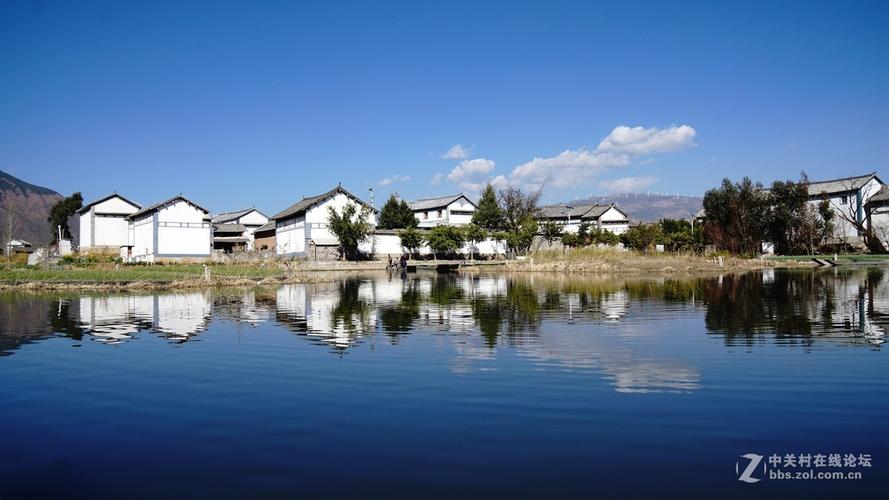Exploring Different Education Philosophies: Which One Fits Your Child’s Needs?
Are you struggling to decide which education philosophy would be best suited for your child? With so many options available, it can be overwhelming and confusing. Each philosophy has its own distinct approach to teaching and learning, and it’s essential to select the one that aligns best with your child’s unique learning needs and personality.
In this article, we explore the most popular education philosophies and their key features to help you make an informed decision.
1. Montessori Education
Montessori education was developed in the early 1900s by Dr Maria Montessori, an Italian physician and educator. This philosophy emphasizes freedom, independence, and creativity in learning. Montessori classrooms are designed to provide a hands-on learning experience where children can work independently with materials that are self-correcting.
Montessori education also promotes the importance of following the child’s interests and adapting to their unique learning styles. Teachers act as guides rather than instructors, allowing children to learn at their own pace and explore their passions freely.
2. Waldorf Education
Waldorf education, also known as Steiner education, was developed in the early 20th century by Austrian philosopher Rudolf Steiner. This philosophy emphasizes a holistic approach to learning that integrates the arts, music, and movement into all subject areas.
Waldorf education also focuses on the development of the whole child, including their emotional, social, and spiritual well-being. The curriculum is designed to cultivate creativity, critical thinking, and problem-solving skills while nurturing a child’s imagination and wonder about the world.
3. Reggio Emilia Education
Reggio Emilia education originated in the post-World War II period in Reggio Emilia, Italy. This philosophy emphasizes the importance of child-centered learning that is based on the interest and curiosity of the child.
Reggio Emilia classrooms follow a project-based approach where children collaborate on projects that are inspired by their interests and experiences. The role of the teacher is to facilitate the learning process by introducing new ideas and providing guidance and support to help children achieve their goals.
4. Traditional Education
Traditional education is the most widely practiced education philosophy in the world and is still prevalent in many countries. This philosophy emphasizes the importance of structured learning that is focused on academic achievement and standardized testing.
Traditional classrooms often follow a teacher-led approach, where teachers are the primary source of knowledge and information. The curriculum is predetermined, and students are expected to meet established benchmarks and standards.
Conclusion
While each education philosophy has its own distinct characteristics, the most important factor to consider is your child’s unique learning needs and personality. Take the time to research each philosophy and visit schools that follow these approaches to get a firsthand experience of what each philosophy entails.
Remember that the goal of education is to foster a love of learning and help children reach their full potential. The right education philosophy can help your child achieve this goal and set them on the path to success.
(Note: Do you have knowledge or insights to share? Unlock new opportunities and expand your reach by joining our authors team. Click Registration to join us and share your expertise with our readers.)
Speech tips:
Please note that any statements involving politics will not be approved.
